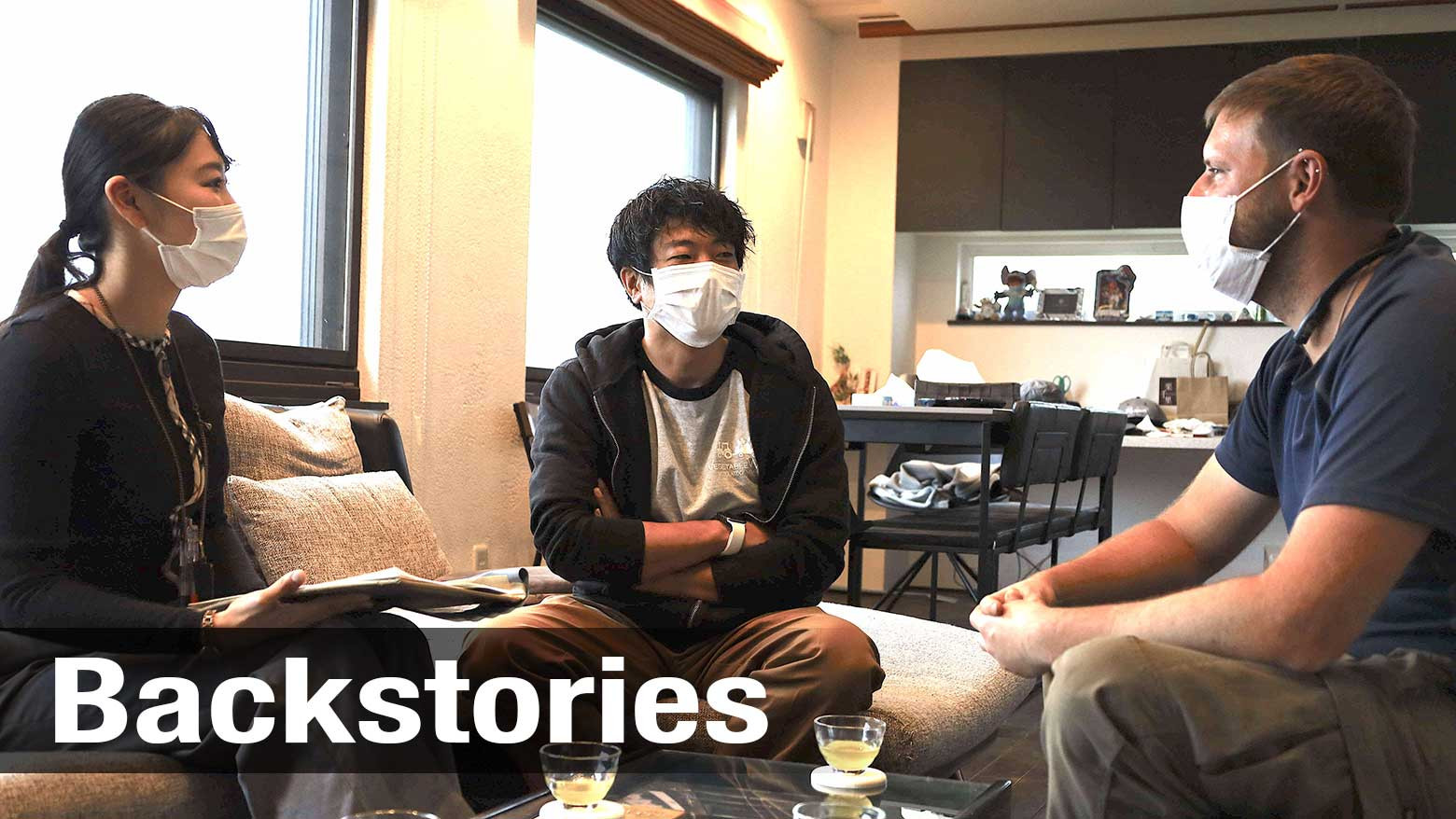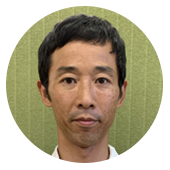The Niseko area, in Japan’s northernmost prefecture, Hokkaido, has made a name for itself as a premium ski destination, thanks to the high quality of its powder snow — or Japow, as it’s come to be known. This area, comprising the towns of Rankoshi, Niseko, and Kutchan, attracts up to 270,000 visitors a year from around the world. Many new businesses have sprung up to cater to the tourists, and a growing number of foreign workers are finding work there. As of May 30th this year, around 1,500 of the 25,000 residents of the Niseko area were from outside Japan

But the sudden spread of the coronavirus has had a huge impact. In February, Hokkaido was the first place in Japan to declare a state of emergency and all residents were asked to stay at home. Because of Japan’s tight entry restrictions, the number of tourists dropped drastically, and many foreigners in Niseko have suddenly found themselves out of work.
Some are on “working holiday” visas that allowed them to take jobs at hotels or restaurants, or are ski instructors, with “skilled labor” visas. Others hold “specialist in humanities” visas, covering jobs such as hotel receptionists. Whichever category, the situation has been very hard for them, as they haven’t been able to return home due to immigration restrictions or because there are no flights.
During this difficult time, they have been offered help by the local government. Since 2015, the Shiribeshi Bureau, Department of Industrial Promotion has operated a program called the Town/Person/Work Matching Plan, which helps people find jobs and accommodation. In April and May this year, the bureau was contacted by 72 foreigners, all looking for employment. That’s more than the total number of inquiries during the whole of 2019.
Hamana Arisa handles the inquiries. She says this is the largest number of applicants she’s had since she started working with the program four years ago. So far 21 of those applicants have already started new jobs, most of them in the field of agriculture, where there's a chronic labor shortage from spring through autumn. Hamana says the farmers are delighted to have found help so quickly. By a quirk of fate, it’s been a perfect match between the two sides.

The success of this employment program is due to the improvements introduced by Hamana and her colleagues. Initially, applicants were matched with jobs based on the information they provided on their application forms. But over the past two years, the staff have started interviewing them in person, to get more detailed information about their work experience and the kind of job they’re after. This allows them to evaluate the applicant’s ability and make the best placement. Since then, the employment rate has increased markedly, reaching its current level of over 90 percent.
The staff also began conducting interviews online, and this has helped them to continue matching applicants with jobs this year, even though face-to-face meetings have been ruled out due to the coronavirus.
Angela (An-Chia Chang) and Sunny (Tzu Jung Chen) are from Taiwan. They came to Japan in January on working-holiday visas but were let go from their hotel jobs in early March. They spent weeks searching for employment in the tourism sector, but without success. Just a week before they had to leave their hotel dormitory, they heard about the job-matching service from a Taiwanese friend living in Hokkaido. They immediately applied online, and within days they had been interviewed and hired to work on a farm that provides them with accommodation.
Angela says, “The Shiribeshi Bureau helped me. They asked about me as a person, in addition to my career history. They took us to the farm, which helped me feel good about my decision, since we were able to see the workplace before accepting the offer.”
Sode Kuniaki is the president of the farming organization that hired the two Taiwanese. He says, “Most years, we get a few Japanese people applying for work around this time. But this year they haven’t come, because of the coronavirus, so we’ve hired foreigners living in this area. We already have a labor shortage and it’s hard to find many Japanese workers, so we wouldn’t survive without people from abroad. I hope they enjoy the charm of this region, and will want to come back again.”

Two weeks after they start work, Hamana comes to conduct follow-up meetings. She’s often thanked not only by the farmers but the workers themselves. She says, “I started doing this as a way to support local businesses. Now the foreign workers are thanking me for helping them find jobs, this gives me even greater motivation.”
As word has spread about the Town/Person/Work Matching Plan, more companies are coming forward to ask for help finding workers. However, there are still many hurdles, especially the language barrier. Few workplaces are ready to hire non-Japanese speakers. Local officials of the Shiribeshi Bureau provide support by interpreting between job seekers and employers, and by asking for details about the jobs.
Hamana says she wants prospective employers to realize there are advantages to hiring foreigners
Her aim now is to act as a hub that can power local economy, by matching the foreigners working in tourism in winter with local farms during the summer.
Shiribeshi Promotion Bureau Town/Person/Work Matching Plan website (available in English, Traditional Chinese, Simplified Chinese, Korean, Russian):
http://www.shiribeshi.pref.hokkaido.lg.jp/ss/srk/matching/e_top.html

